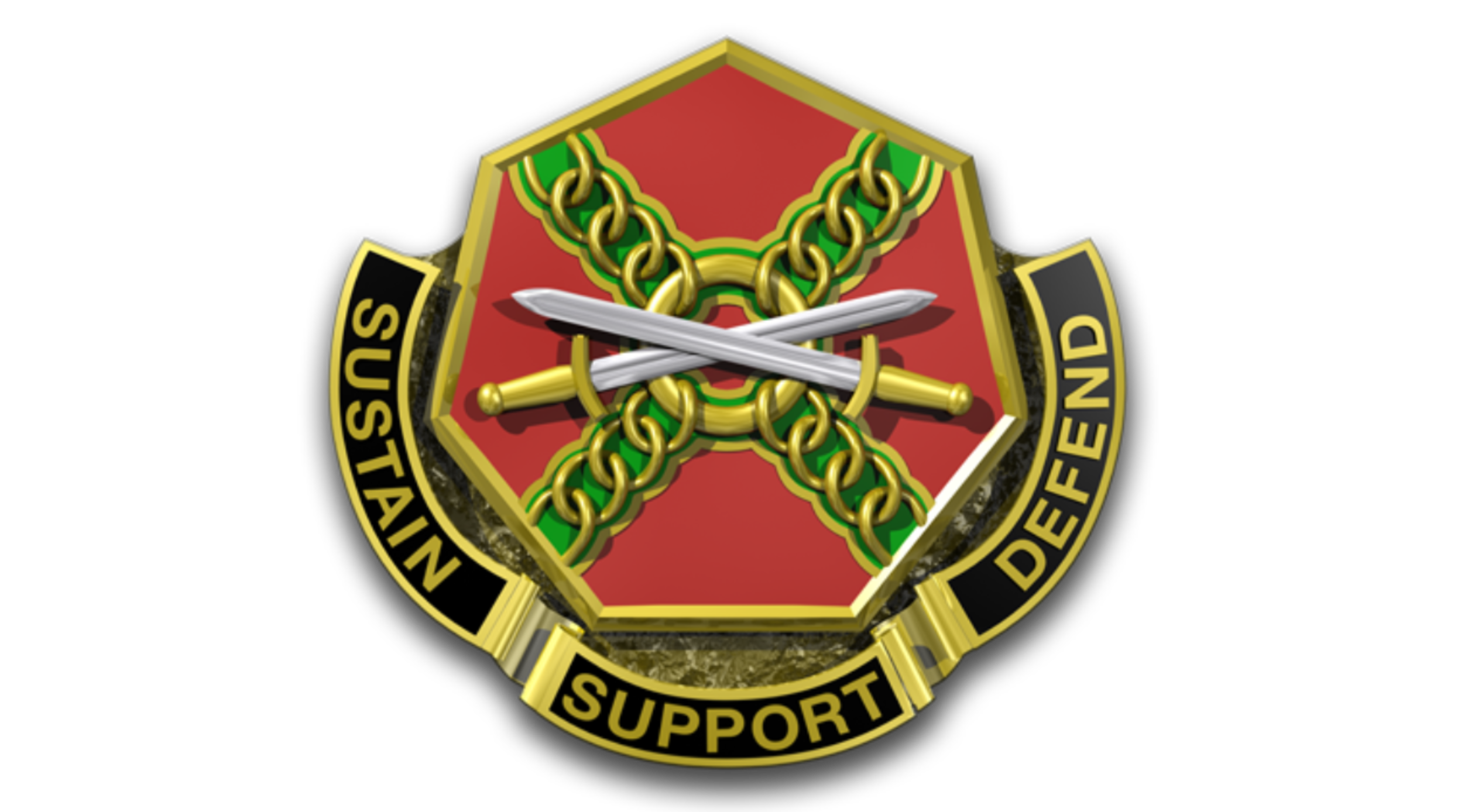Motorcycle riders who operate motorcycles on post must comply with the skills training, licensing, and permit requirements of the state, HN, or SOFA.
Commanders will ensure that all individuals covered by AR 385-10 wear the following PPE while operating motorcycles, off-road vehicles, and ATVs on the installation and by all Soldiers who ride motorcycles and ATVs at any time on or off Army installations.
PPE: Personal Protective Equipment
(1) Helmets. Helmets will— (a) In the United States, meet FMVSS 218, United Nations Economic Commission for Europe Standard, BS 6658, or Snell Standard according to DoDI 6055.04. The DOT symbol is on the outside back of the helmet, near the bottom.
(2) Eye protection. Eye protection must meet or exceed ANSI/ISEA Z87.1 for impact and shatter resistance (includes goggles, wraparound glasses, or a full-face shield (properly attached to a helmet)). A windshield or fairing does not constitute eye protection.
(3) Foot protection. Foot protection includes sturdy over-the-ankle footwear that affords protection for the feet and ankles (durable leather or ballistic-type fabric athletic shoes that cover the ankles are acceptable).
(4) Protective clothing. Protective clothing includes long-sleeved shirt or jacket, long trousers, and full-fingered gloves or mittens made from leather or other abrasion-resistant material. Motorcycle jackets and pants constructed of abrasion-resistant materials (such as leather, Kevlar®, or Cordura®) and containing impact-absorbing padding are strongly encouraged. Riders are encouraged to select PPE that incorporates fluorescent colors and retro-reflective material.
Can-Am Spyders®, three-wheeled motorcycles, other three-wheeled vehicles and auto-cycles.
(1) Powered non-enclosed three-wheel vehicles are considered motorcycles if determined by the state or HN.
(a) All motorcycle PPE requirements are applicable to three-wheeled variants that the state or HN has classified as motorcycles.
(b) The requirement for motorcycle training will be determined based on classification of the vehicle.
(2) Vehicles with side-by-side seating are not considered motorcycles unless the state or HN so designates.
(3) The minimum PPE required for vehicles such as the Slingshot is a DOT-approved motorcycle helmet.
The Army Progressive Motorcycle Program is mandatory for Soldiers operating a privately-owned motorcycle to sustain or enrich rider skills. The Army standard basic motorcycle rider’s course is an appropriate Motorcycle Safety Foundation (MSF), MSF-based, state-approved or DoD component approved curriculum for motorcycle operators’ safety training. Training will be conducted by certified or licensed motorcycle rider coaches and include classroom instruction on technical and behavioral subjects, hands-on training, and an evaluation on a riding skills and knowledge.
- The program consists of the following courses: Basic Rider Course (BRC), Experienced Rider Course (ERC)/Basic Riders Course–II (BRC – II), Military Sports Bike Rider Course (MSRC), Advanced Rider Course (ARC), Motorcycle Refresher Training (MRT), and sustainment training.
- Initial training: Prior to operating any two or three-wheeled vehicle that requires the operator to be licensed with a motorcycle endorsement in the state or HN, soldiers will successfully complete BRC. Training may be accomplished on a contractor-provided motorcycle or the individual’s own motorcycle. If approved by the commander, the Soldier may ride a motorcycle to the training site or location.
- Intermediate training: Within 1 year, based on the type of motorcycle owned or operated, Soldiers are required to complete an ERC, MSF BRC – II, state-approved, or DoD component approved course or an MSRC, MSF ARC, state-approved, or DoD component approved course for motorcycle operator intermediate level training.
- Motorcycle refresher training: MRT is required for any motorcycle-licensed and endorsed) Soldier owning a motorcycle and returning from a deployment greater than 180 days. A Soldier must attend MRT prior to operating his or her motorcycle on a public or private street or highway with the exception of riding to the training site or location. MRT will be conducted on the individual’s own motorcycle to confirm ability to safely handle his or her motorcycle. Training will be provided at the unit level utilizing USACRC MRT digital video disk (DVD), which is available online at https://safety.army.mil or by request. Based on MRT performance, commanders can refer motorcycle riders back to the Progressive Motorcycle Program for re-training if they question the operator’s safe riding skills.
- Sustainment training: Within 5 years of completing intermediate training, inactivity, or the acquisition of a new or change in motorcycle(s), operators will complete the appropriate intermediate training course. Soldiers are encouraged to take sustainment training after a major geographical change. Sustainment training consists of the appropriate intermediate training course or other Army-approved motorcycle safe riding courses at no expense to the U.S. Government. Commanders are not authorized to waive or defer sustainment training.
- Others: Military retirees and military Family members/dependents are not permitted to attend Army-sponsored training.
- Personnel who operate privately-owned mopeds, motor scooters, ATVs, or dirt bikes should complete appropriate operator safety training such as the Specialty Vehicle Institute of America or MSF scooter course.


